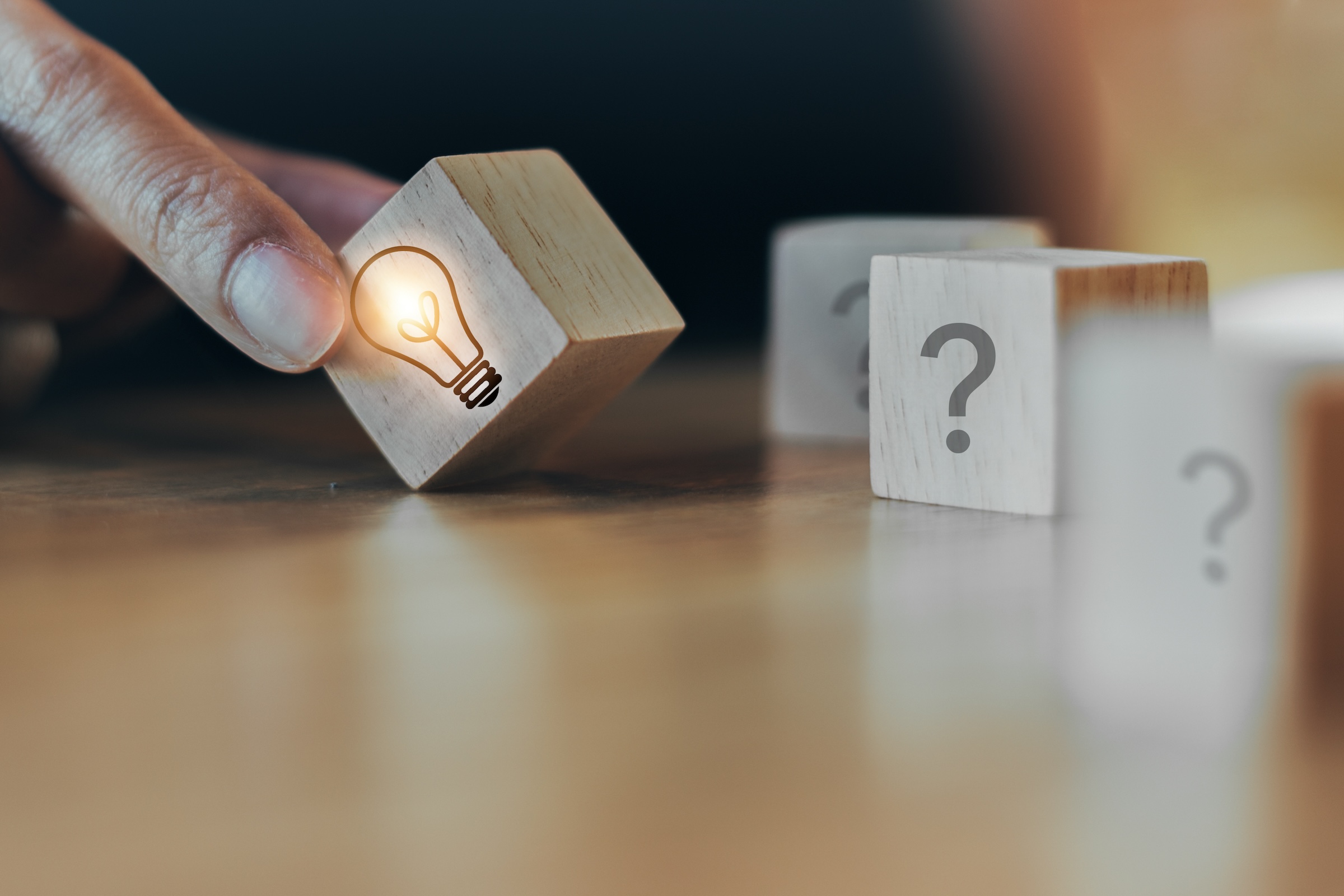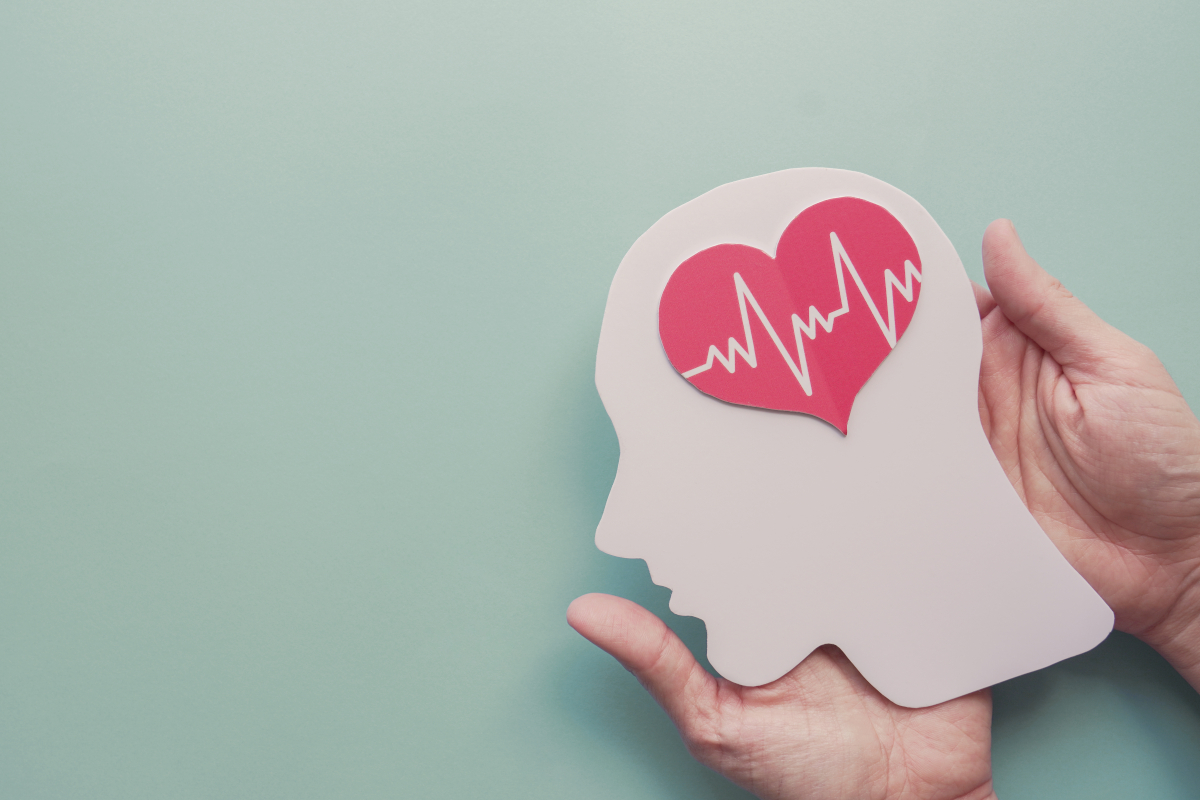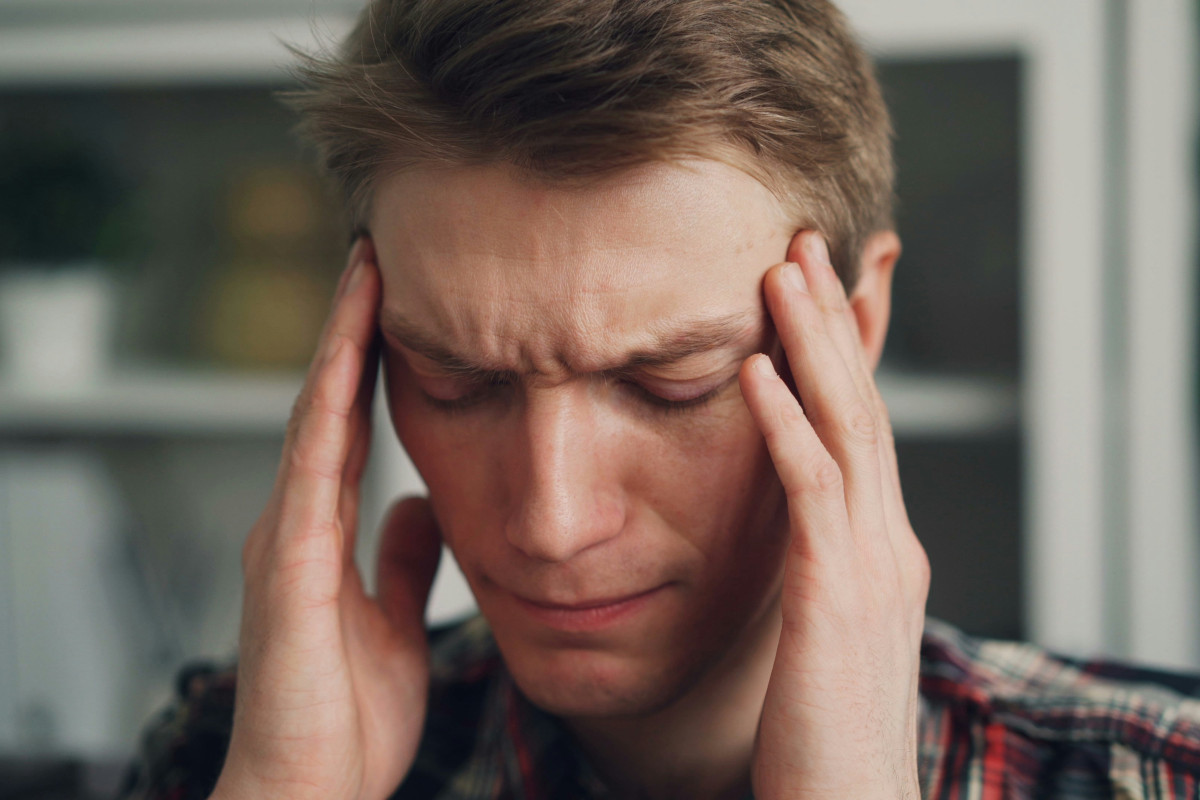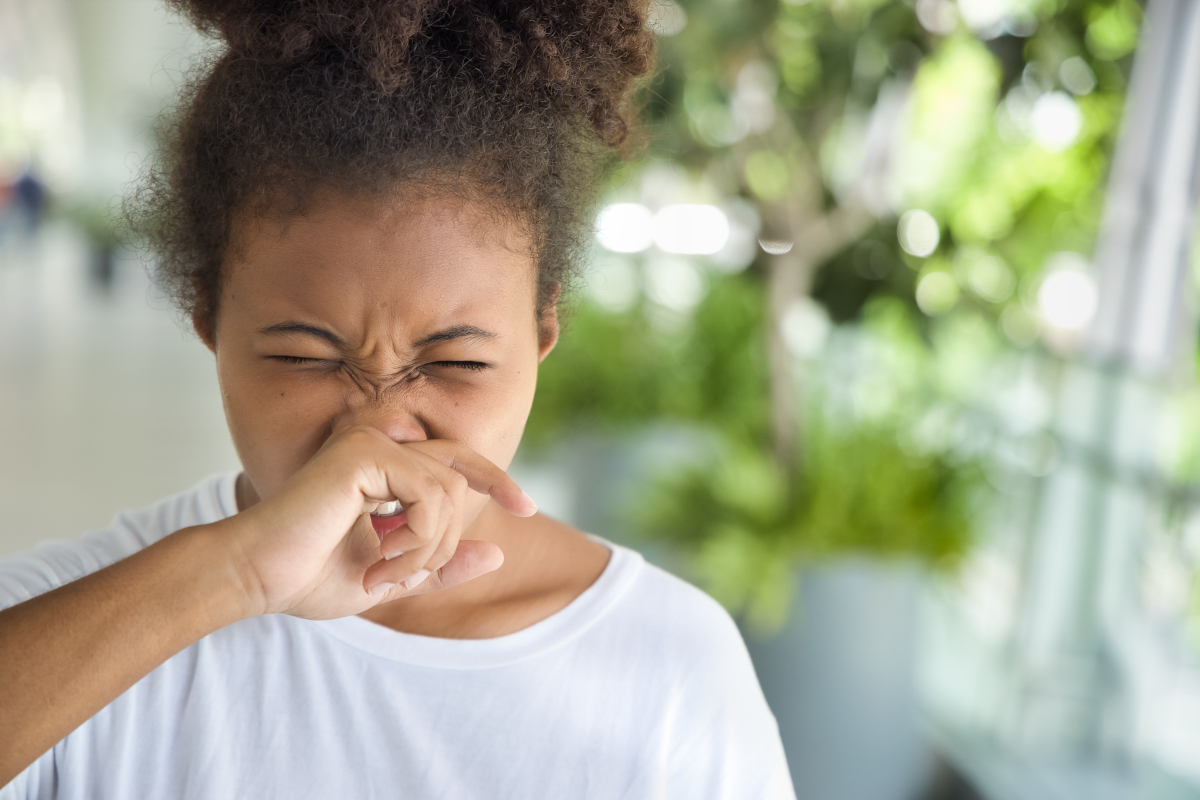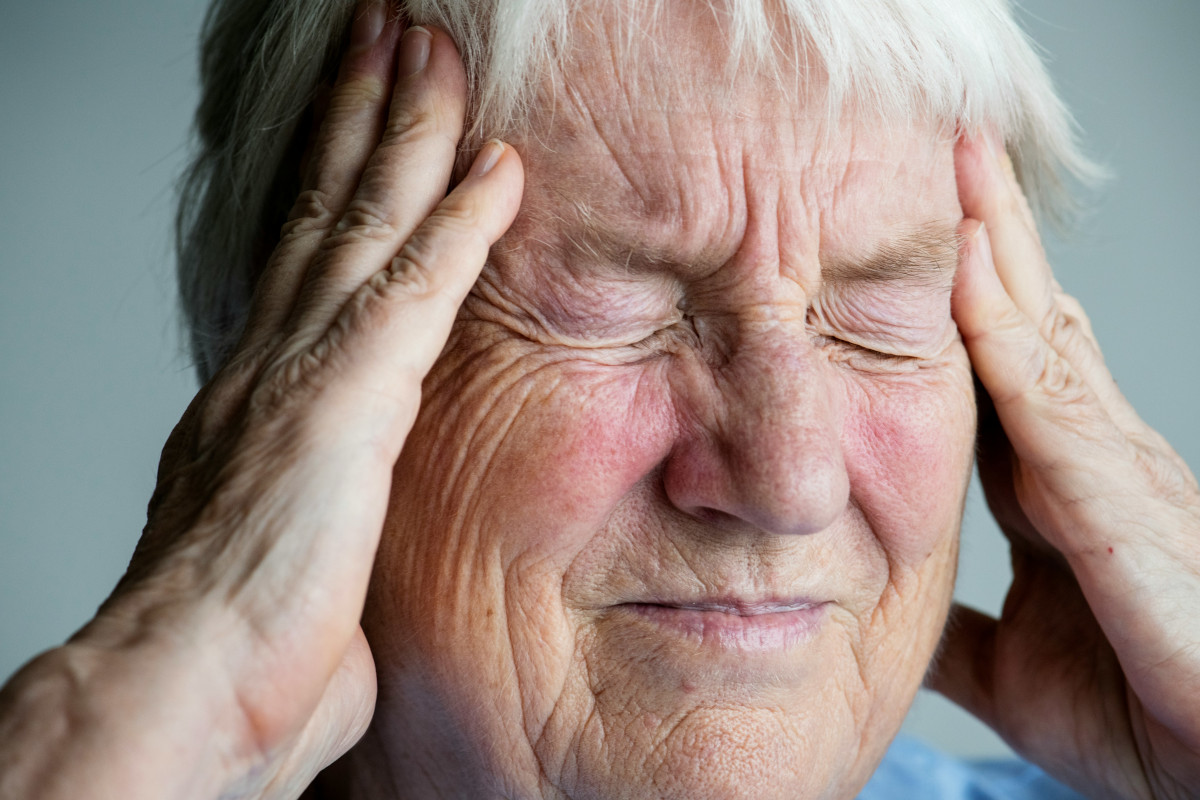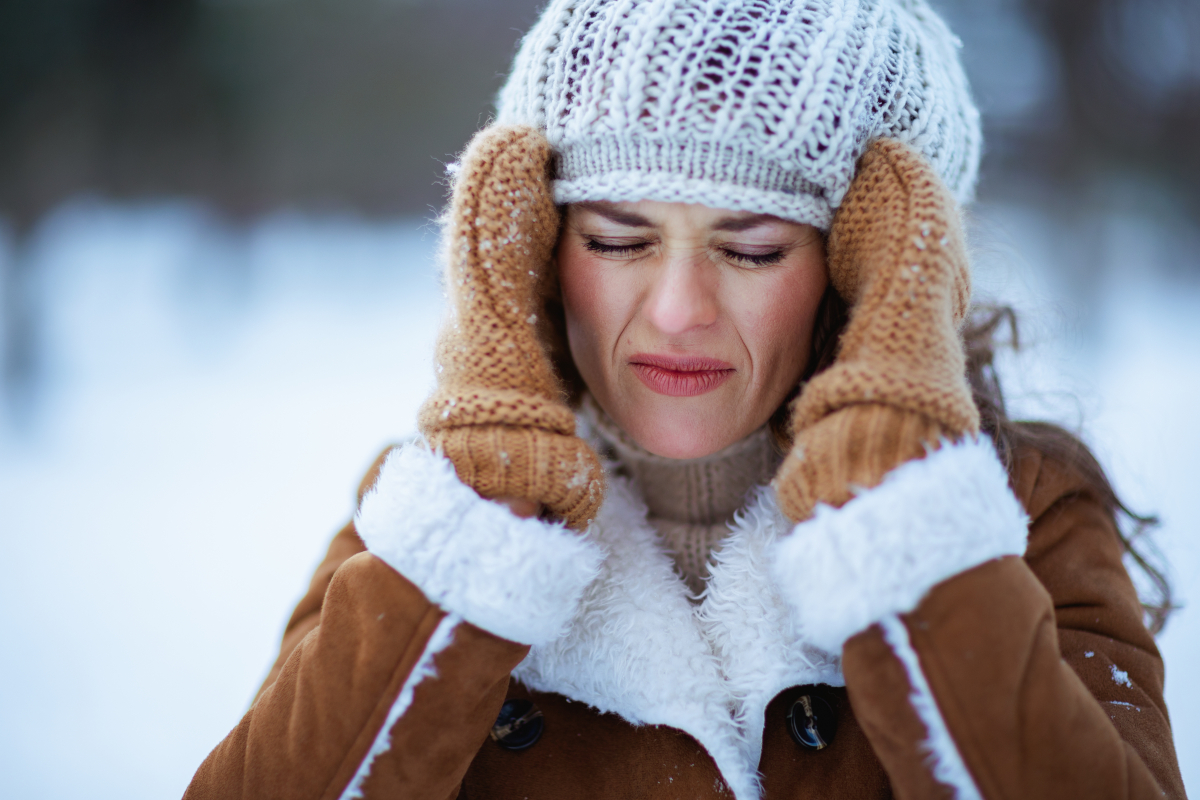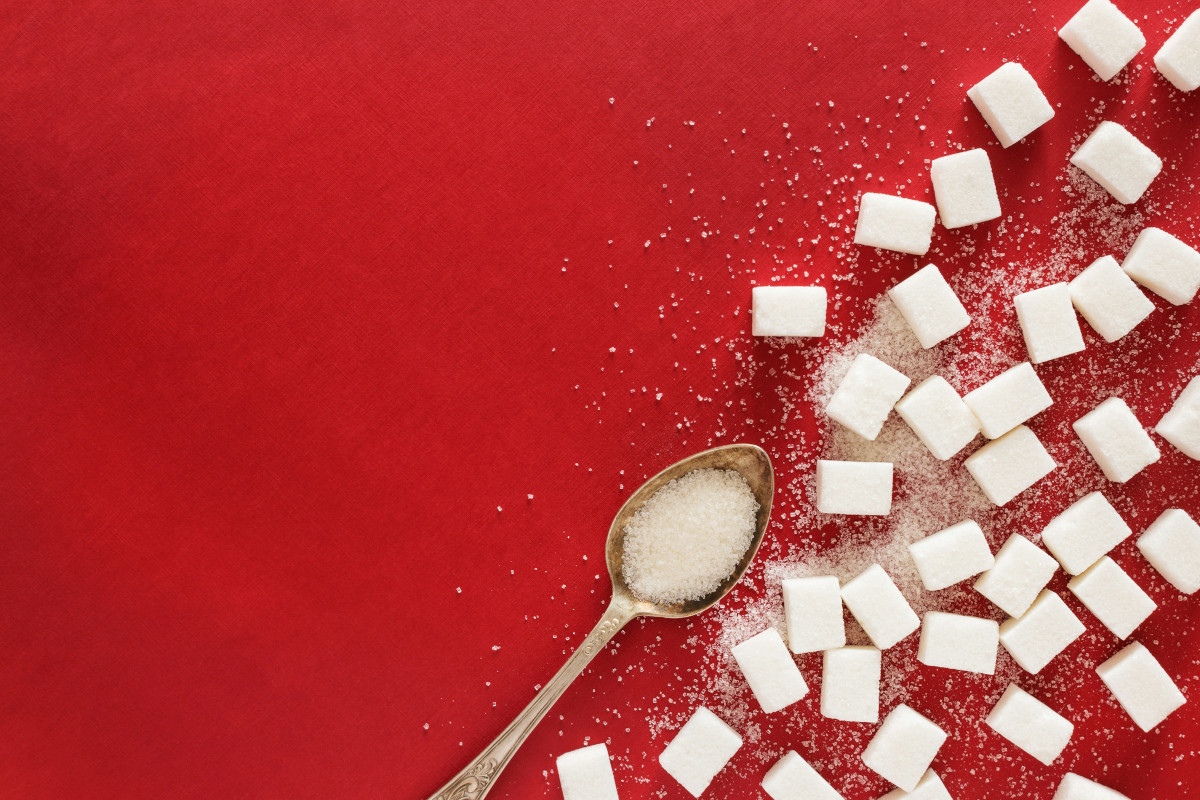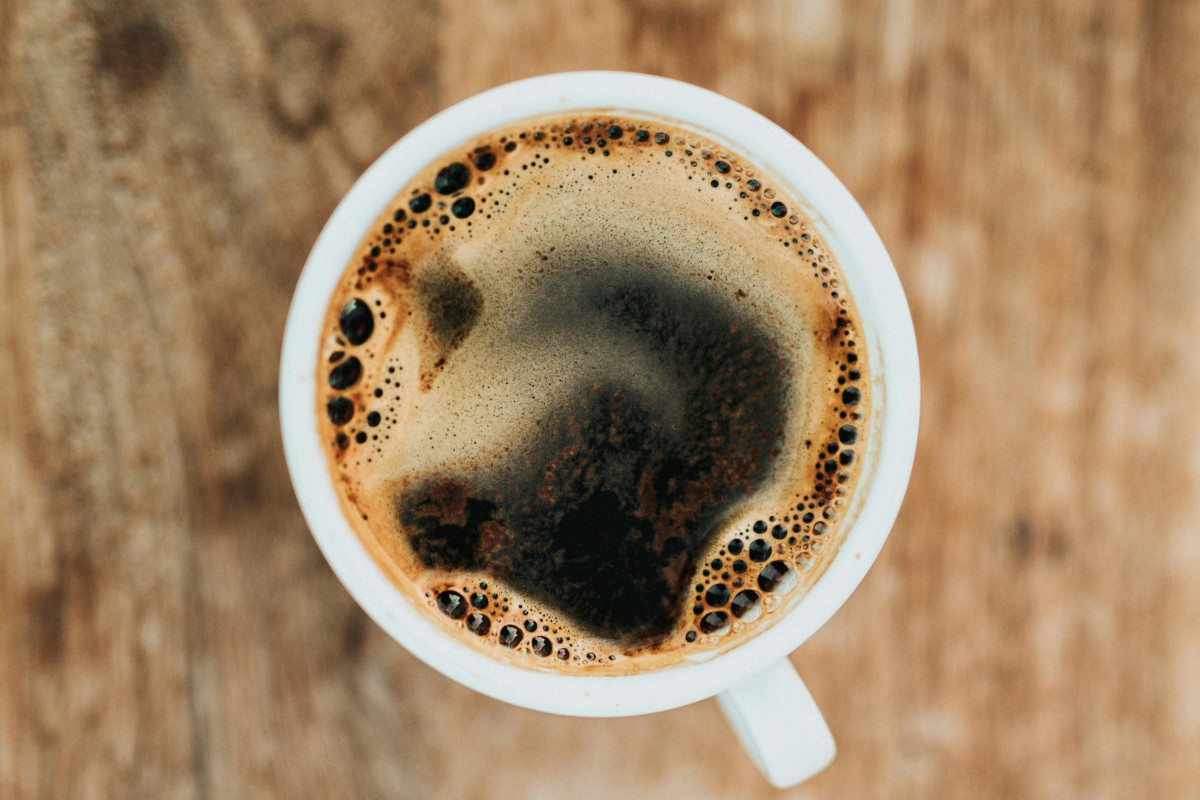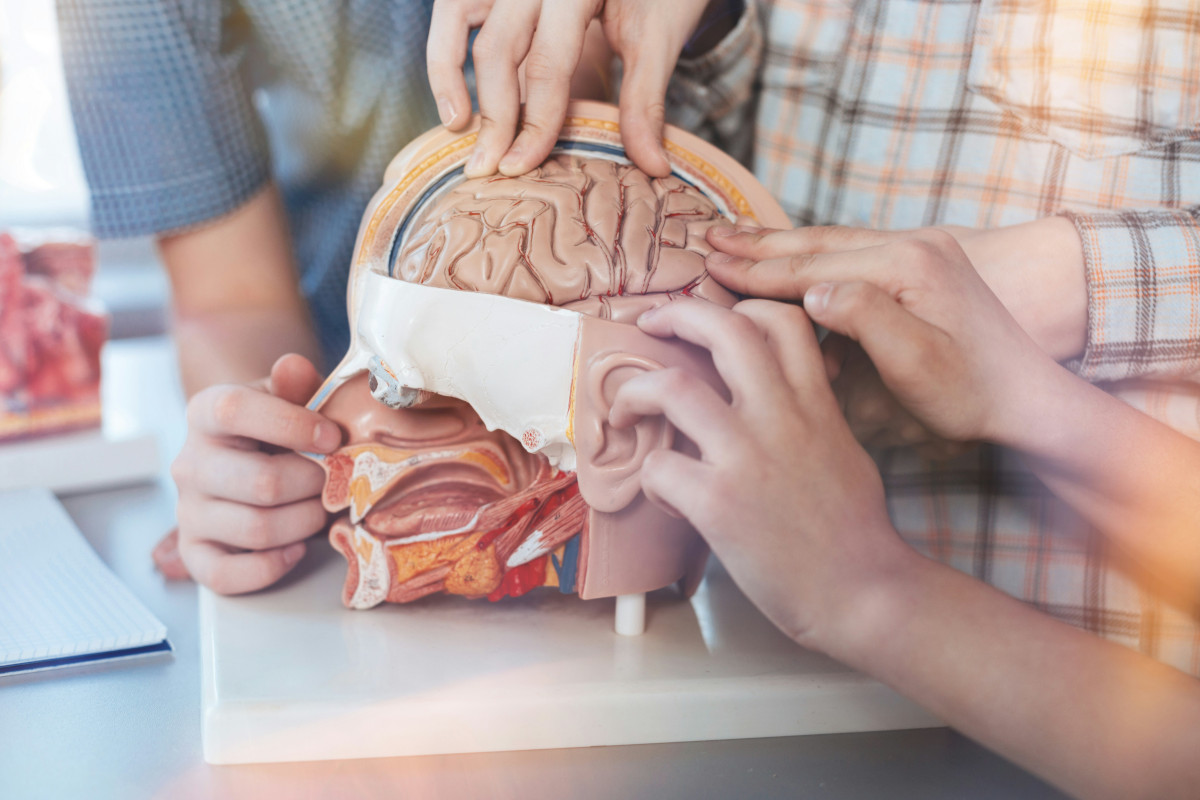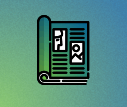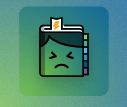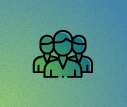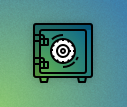Migraine and nutrition
The diet-headache connection is hotly debated by patients and experts alike. Migraine sufferers in particular sometimes see a direct link between how and what they eat and a migraine attack. This article takes a closer look at some of the main assumptions about the relationship between diet and migraine.
-
References
Arab A, Khorvash F, Karimi E, Hadi A, Askari G. Associations between adherence to Mediterranean dietary pattern and frequency, duration, and severity of migraine headache: A cross-sectional study. Nutr Neurosci. 2021 Dec 6:1-10. doi: 10.1080/1028415X.2021.2009162. Epub ahead of print.
Gazerani P. Migraine and Diet. Nutrients. 2020 Jun 3;12(6):1658. doi: 10.3390/nu12061658.
Hindiyeh NA, Zhang N, Farrar M, Banerjee P, Lombard L, Aurora SK. The Role of Diet and Nutrition in Migraine Triggers and Treatment: A Systematic Literature Review. Headache. 2020 Jul;60(7):1300-1316. doi: 10.1111/head.13836. Epub 2020 May 25.
Khorsha F, Mirzababaei A, Togha M, Mirzaei K. Association of dietary diversity score (DDS) and migraine headache severity among women. Neurol Sci. 2021 Aug;42(8):3403-3410. doi: 10.1007/s10072-020-04982-6. Epub 2021 Jan 11.
Ramsden CE, Zamora D, Makriyannis A, Wood JT, Mann JD, Faurot KR, MacIntosh BA, Majchrzak-Hong SF, Gross JR, Courville AB, Davis JM, Hibbeln JR. Diet-induced changes in n-3- and n-6-derived endocannabinoids and reductions in headache pain and psychological distress. J Pain. 2015 Aug;16(8):707-16. doi: 10.1016/j.jpain.2015.04.007. Epub 2015 May 7.
Razeghi Jahromi S, Ghorbani Z, Martelletti P, Lampl C, Togha M; School of Advanced Studies of the European Headache Federation (EHF-SAS). Association of diet and headache. J Headache Pain. 2019 Nov 14;20(1):106. doi: 10.1186/s10194-019-1057-1.

